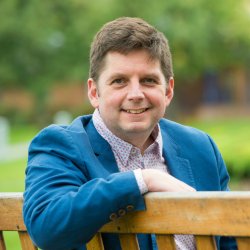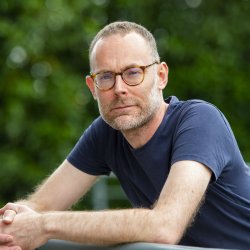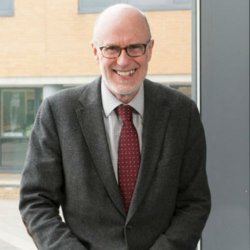The Physics of Bacteria with Aberrant Growth
Bacterial populations are highly heterogeneous. Some cells have irregular – or aberrant – growth, such as dividing only when they are very long. This project will analyse and identify growth-aberrant sub-populations with the aim of understanding their role in anti-microbial resistance (AMR) and tolerance to environmental stresses. Single-cell imaging, computerised tracking, modelling, and industrial use of growth-aberrant living bacteria will be encompassed in this truly interdisciplinary project.
Start date
1 July 2021Duration
4 yearsApplication deadline
Funding source
South East Physics Network (SEPNet)Funding information
Full funding (tuition fees and stipend) is provided by at current EPSRC rates. The stipend will be £15,609 in the first year, and increase annually to £16,560 in the third year.
Supervised by
About
Bacterial populations are highly heterogeneous with sub-populations varying in growth and in tolerance to stresses, including antibiotics and certain environmental conditions. Prior to the advent of single-cell live imaging techniques, most growth models were based upon population averages of “batch style” cultures. However, there is now a wealth of single-cell imaging data which can help us to decipher key biological conundrums, such as the non-inheritance of growth characteristics and the tolerance of stress and antibiotics within the population.
Tolerance of sub-populations to antibiotics has been widely studied with those cells termed antibiotic “persisters,” which are integral in AMR. Persisters can be dependent on growth: spontaneous (slow growing or non-growing population triggered in exponential phase), triggered (non-growing stationary phase) or not: specialised (generally antibiotic-specific mechanisms). This project will identify and characterise these different classes using inter and intra-generational single-cell imaging studies and computerised analyses. Understanding the difference between these sub-populations will enable the formation of these different classes to be dissected and understood.
The student will also investigate ways that growth aberrant cells can be used in applications where long life is needed. Bacteria can perform many useful functions, such as cleaning water, removing toxins from the environment, and recovering carbon dioxide from the atmosphere. Growth-reduced or non-growing metabolically active (NGMA) bacteria can be utilised in such industrial applications, e.g. biocoatings, composed of colloids and NGMA bacteria, which encapsulate and utilise bacteria as miniscule “workhorses”. In this project, the PhD researcher will identify, characterise and model the generation of such sub-populations using image analysis and mathematical modelling. The student will work at the boundaries of physics and microbiology. This project would suit someone with interests in experimental and quantitative interdisciplinary research at the boundaries of the physical and biological sciences, as is reflected by the supervisory team (both in Physics and Microbiology).
Related links
SEPNet Painting with bacteria could revolutionise wastewater treatment (Press release) Abnormal growth of bacterial cells could be linked to anti-microbial resistance…The student will work in the modern facilities of the Soft Matter Physics Laboratories and Microbiology Laboratories. The student will be encouraged to attend Group meetings of both the Soft Matter Group and Microbiology department.
Eligibility criteria
Applicants are expected to hold a first or upper-second class degree in physics or other quantitative subject (or equivalent overseas qualification), or a lower second plus a good Master’s degree (distinction normally required). Some knowledge of microbiology is desirable for the project.
This studentship is only available to UK students.
IELTS requirements: IELTS 6.5 or above (or equivalent) with 6.0 in each individual category
How to apply
Apply through the Physics PhD programme page.
Please clearly state the studentship title and supervisors in Physics (Keddie and Sear) on your application. Please notify Professor Keddie by e-mail when you have submitted your online application.
Studentship FAQs
Read our studentship FAQs to find out more about applying and funding.
Application deadline
Contact details
Research

Studentships at Surrey
We have a wide range of studentship opportunities available.



